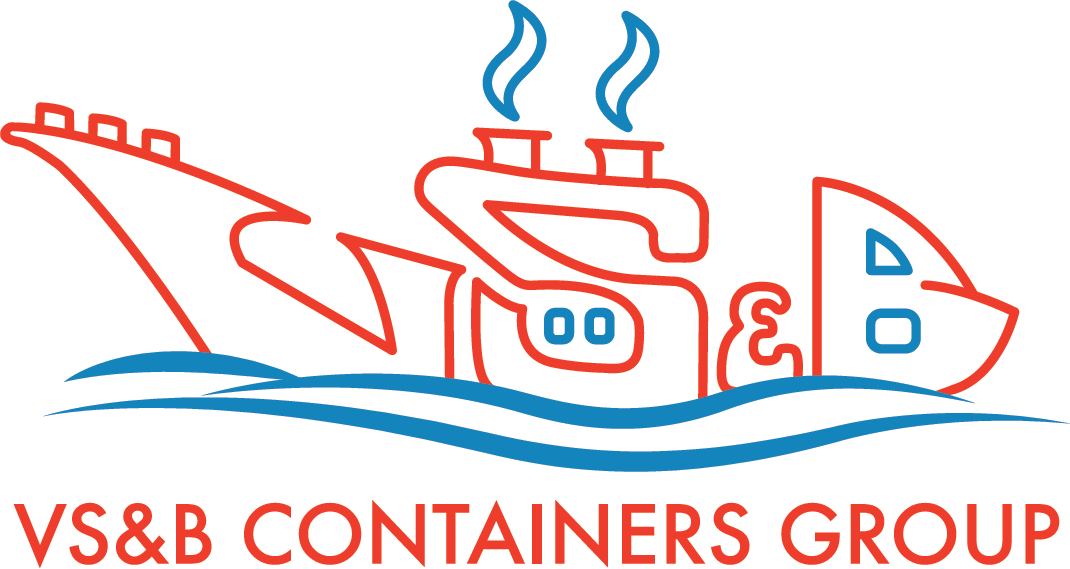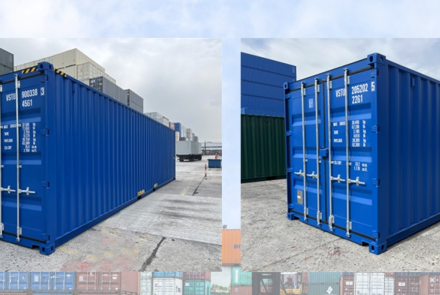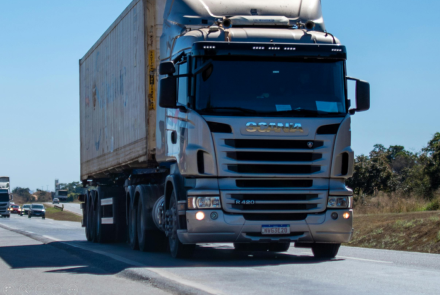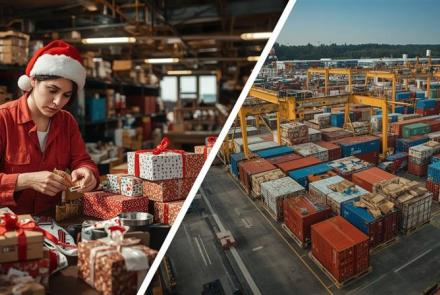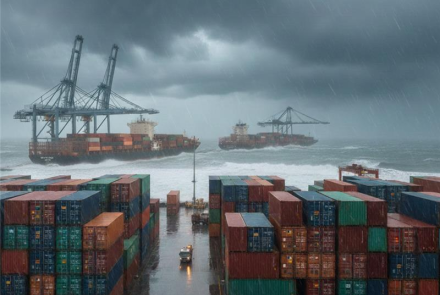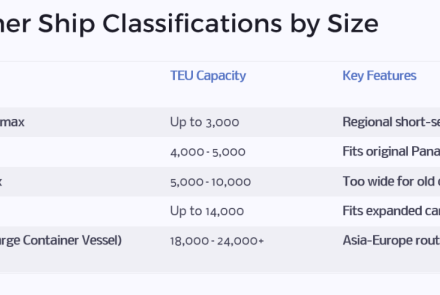The Strategic Role of Inland Container Depots in Expanding Global Trade Access
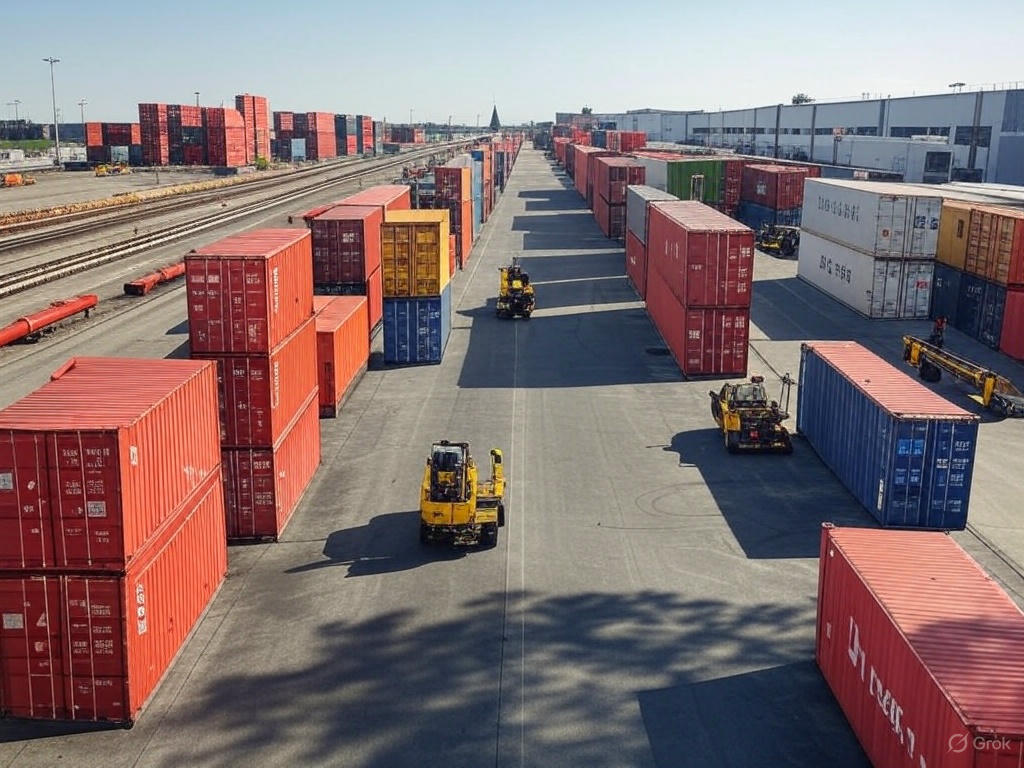
What Are Inland Container Depots (ICDs)?
ICDs are dry ports situated away from traditional coastal seaports, designed to handle and process containerized cargo. These facilities offer a full suite of services such as container tracking and monitoring, customs clearance, warehousing, and intermodal transfers — effectively functioning as inland extensions of seaports.
Why ICDs Matter in Today’s Global Trade Landscape
Decongesting Ports and Improving Efficiency
ICDs reduce pressure on major ports by handling customs formalities and container storage inland. This not only speeds up port operations but also lowers turnaround time for vessels — a key element in freight cost optimization.
Enhanced Access to Inland Markets
For landlocked regions and remote markets, ICDs provide vital access to international trade containers. By facilitating intermodal transport — road, rail, and sometimes even barge — ICDs create smoother multimodal logistics networks.
Lowering Logistics Costs
With ICDs situated closer to factories, distribution centers, or end-users, businesses save significantly on last-mile delivery. Moreover, these depots support containerized rail freight, which offers a cost-effective and environmentally friendly alternative to road transport.
Improved Container Availability and Maintenance
ICDs help streamline container fleet management by acting as hubs for container buying and selling, repairs, and repositioning. For companies engaged in shipping container leasing, ICDs also serve as convenient pickup or drop-off points.
ICDs and the Rise of Digitized Logistics
Modern ICDs are rapidly integrating smart systems for digitization in container shipping, including automated gate systems, digital inventory tracking, and integration with port customs portals. These upgrades not only speed up operations but also enhance container security and safety.
A Boost for Specialized and Domestic Container Transport
ICDs have become instrumental in the movement of specialized shipping containers, such as ISO tank containers, reefer containers for lease, and flat rack containers. Their role in domestic container transport has also grown, especially in countries with vast internal trade routes and industrial corridors.
A Strategic Lever in the Container Supply Chain
Inland Container Depots are no longer just auxiliary facilities — they are critical nodes in the global freight logistics ecosystem. As the demand for flexible, scalable, and sustainable logistics grows, ICDs will remain essential for improving TEU capacity and efficiency, enabling better service delivery, and ultimately expanding global trade access.
VS&B Containers group offers both standard and custom-made containers, delivered directly from the factory to your desired location. With a fleet of over 30,000 containers made available across Europe and Asia, the company helps customers get containers effortlessly from anywhere in the world. If you have unique needs in terms of affordability, adaptability, and potential return on investment, please drop an email to traders@vsnb.com, and the VS&B team will contact you to discuss further.
- Log in to post comments
